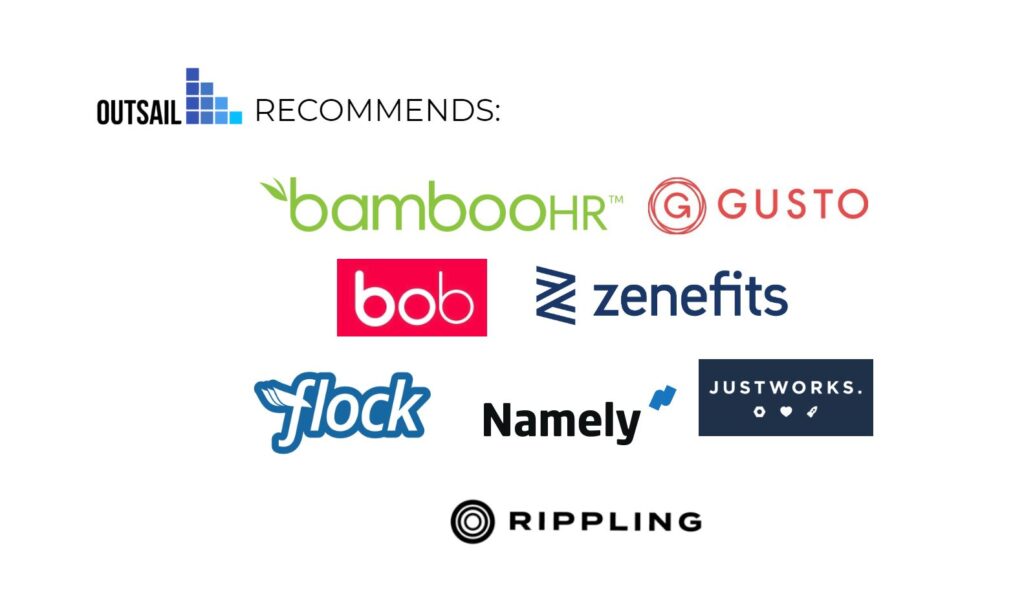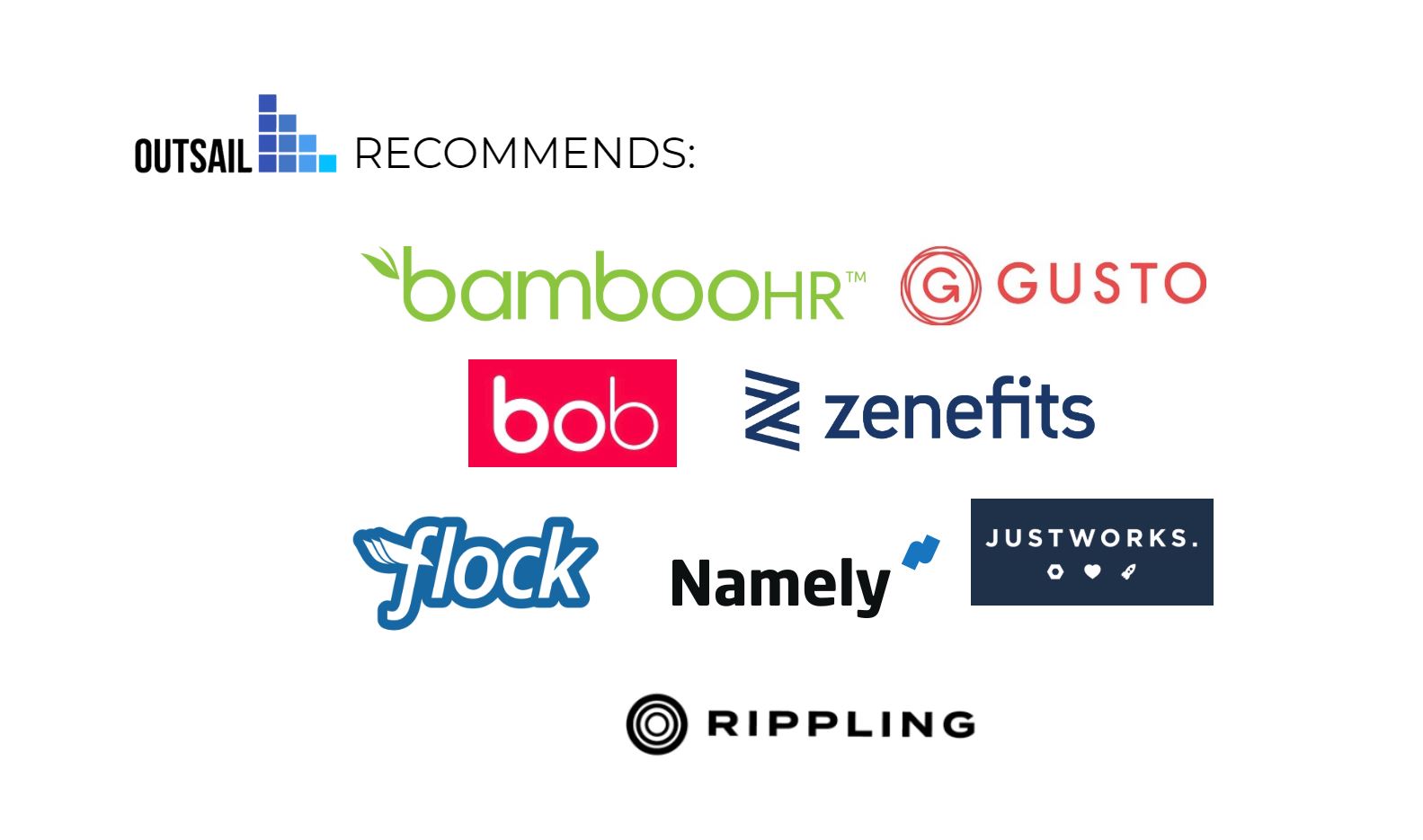
HRIS Systems for Small Businesses: Streamlining HR in 2024
In today’s fast-paced business environment, small businesses are constantly seeking ways to optimize operations and improve efficiency. One area that often presents challenges is human resources (HR). Managing employee data, payroll, benefits, and compliance can be time-consuming and complex, especially as a business grows. That’s where a Human Resource Information System (HRIS) comes in. An HRIS system is a software solution designed to automate and streamline HR processes, allowing small businesses to focus on their core activities and strategic growth. This article explores the benefits of HRIS systems for small businesses, key features to look for, and how to choose the right solution.
What is an HRIS System?
An HRIS, at its core, is a centralized digital platform for managing all HR-related information and tasks. It acts as a single source of truth for employee data, including personal information, job history, performance reviews, and compensation details. By consolidating this information, HRIS systems eliminate the need for manual spreadsheets and paper-based processes, reducing errors and improving data accuracy.
Beyond data management, an HRIS typically includes modules for various HR functions, such as payroll processing, benefits administration, time and attendance tracking, and recruiting. These modules integrate seamlessly to provide a comprehensive solution for managing the entire employee lifecycle.
Why Small Businesses Need an HRIS
While large corporations have long recognized the value of HRIS systems, small businesses are increasingly adopting these solutions to address their specific HR challenges. Here are some key benefits of implementing an HRIS system:
- Improved Efficiency: Automating HR tasks, such as payroll and benefits administration, saves time and reduces manual effort. This allows HR staff to focus on more strategic initiatives, such as employee development and talent acquisition.
- Reduced Costs: While there is an initial investment in an HRIS system, the long-term cost savings can be significant. Automation reduces the risk of errors, minimizes administrative overhead, and improves compliance, which can prevent costly penalties.
- Enhanced Data Accuracy: Centralizing employee data in a single system eliminates the risk of data silos and inconsistencies. This ensures that HR decisions are based on accurate and up-to-date information.
- Improved Compliance: HRIS systems can help small businesses stay compliant with labor laws and regulations. Many systems include features for tracking employee certifications, managing leave requests, and generating compliance reports.
- Better Employee Experience: Employees can access their personal information, pay stubs, and benefits information online through a self-service portal. This empowers employees and reduces the burden on HR staff.
- Data-Driven Decision Making: HRIS systems provide valuable insights into workforce trends and employee performance. This data can be used to make informed decisions about hiring, training, and compensation.
Key Features to Look for in an HRIS for Small Businesses
When choosing an HRIS system for your small business, it’s important to consider your specific needs and budget. Here are some key features to look for:
Core HR
This module should include features for managing employee data, tracking job history, and generating reports. Look for a system that allows you to customize fields and create custom reports to meet your specific needs.
Payroll Processing
A robust payroll module should automate payroll calculations, tax deductions, and direct deposit payments. It should also integrate with other HR modules, such as time and attendance, to ensure accurate payroll processing.
Benefits Administration
This module should allow you to manage employee benefits, such as health insurance, retirement plans, and paid time off. Look for a system that offers self-service capabilities for employees to enroll in benefits and manage their accounts.
Time and Attendance Tracking
This module should allow employees to clock in and out, track their hours worked, and request time off. It should also integrate with the payroll module to ensure accurate payroll processing. Consider features like mobile time tracking for remote employees.
Recruiting and Onboarding
Some HRIS systems include modules for managing the recruiting process, from posting job openings to screening candidates. These modules can also help streamline the onboarding process by automating tasks such as new hire paperwork and training assignments.
Performance Management
This module should allow you to track employee performance, conduct performance reviews, and set goals. Look for a system that offers features for providing feedback and tracking employee development.
Reporting and Analytics
A good HRIS system should provide comprehensive reporting and analytics capabilities. Look for a system that allows you to generate custom reports and track key HR metrics, such as employee turnover and cost per hire.
Compliance Management
This module should help you stay compliant with labor laws and regulations. Look for a system that includes features for tracking employee certifications, managing leave requests, and generating compliance reports. [See also: Employee Handbook Best Practices]
Choosing the Right HRIS System for Your Small Business
With so many HRIS systems available, it can be challenging to choose the right one for your small business. Here are some factors to consider:
- Your Budget: HRIS systems vary in price, so it’s important to set a budget before you start shopping. Consider both the initial cost of the system and the ongoing maintenance and support fees.
- Your Business Needs: Identify your specific HR challenges and choose a system that addresses those needs. Do you need help with payroll processing, benefits administration, or recruiting?
- Ease of Use: Choose a system that is easy to use and intuitive for both HR staff and employees. Look for a system that offers training and support resources.
- Scalability: Choose a system that can scale with your business as it grows. Consider whether the system can handle a larger number of employees and new HR functions.
- Integration: Choose a system that integrates with your other business systems, such as accounting software and customer relationship management (CRM) systems.
- Security: Ensure that the system is secure and protects employee data. Look for a system that uses encryption and other security measures to protect sensitive information.
Popular HRIS Systems for Small Businesses
Here are some popular HRIS systems for small businesses:
- Gusto: Known for its user-friendly interface and comprehensive payroll features.
- BambooHR: Offers a wide range of HR features, including recruiting, onboarding, and performance management.
- Zenefits: Provides a comprehensive suite of HR tools, including payroll, benefits administration, and time and attendance tracking.
- Paychex Flex: A scalable solution for businesses of all sizes, offering payroll, HR, and benefits administration services.
- Workday HCM: A cloud-based HRIS system designed for larger organizations, but also offers solutions for smaller businesses.
Implementing Your HRIS System
Once you’ve chosen an HRIS system, it’s important to plan for implementation. Here are some tips:
- Develop a project plan: Outline the steps involved in implementing the system, including data migration, training, and testing.
- Assign a project team: Designate a team of individuals to oversee the implementation process.
- Migrate your data: Carefully migrate your employee data from your existing systems to the new HRIS system.
- Train your staff: Provide training to your HR staff and employees on how to use the new system.
- Test the system: Thoroughly test the system to ensure that it is working properly before you go live.
The Future of HRIS for Small Businesses
The future of HRIS systems for small businesses is bright. As technology continues to evolve, HRIS systems will become even more powerful and affordable. Expect to see more AI-powered features, such as automated recruiting and personalized learning recommendations. Additionally, mobile HRIS solutions will become increasingly popular, allowing employees to access HR information and tasks from anywhere, at any time. The adoption of HRIS systems is no longer a luxury, but a necessity for small businesses looking to compete and thrive in today’s dynamic business environment. By investing in the right HRIS, small businesses can streamline their HR processes, improve employee engagement, and drive business growth. [See also: Remote Work Policy Template]
Conclusion
HRIS systems for small businesses are a valuable investment that can help streamline HR processes, reduce costs, and improve employee engagement. By carefully considering your specific needs and budget, you can choose the right HRIS system and implement it effectively to achieve your business goals. Embracing HRIS technology is a strategic move that empowers small businesses to focus on what they do best – innovating and serving their customers.

